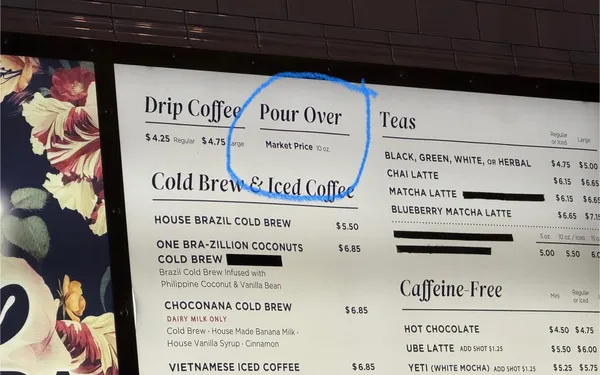Part of an ongoing series on how to use supplement and behavior-based plans to treat common maladies. To read the detailed supplement plan, order supplements, or download the patient resource sheets, go here to create a free patient account at Fullscript by entering your name and email address: Dr. Mark McDonald’s Fullscript dispensary
Fall has begun, and winter is not far behind. Now is the time to put together a plan to build immune system resilience as cold and flu season arrive.
Of course, the best way to ensure a strong immune system is by pursuing healthy sleep, diet, and exercise (as I explained in my previous posts). Here, I will highlight a few key points:
Blood sugar imbalance is one of the most common contributors to poor sleep.
Chronically high (insulin resistance) or low (reactive hypoglycemia) blood sugar impair sleep quality, which leads to inflammation—the universal pathway to a weakened immune system. Both extremes can be addressed by reducing sugar and carbohydrates, increasing protein intake, and incorporating exercise into your daily routine. Protein should be complete and highly bioavailable, which means meat. Plant protein is neither and cannot substitute for high quality meat.
Inflammatory foods compromise immune resilience.
The most commonly consumed inflammatory foods are seed oils (aka vegetables oils), grains, corn, soy, and processed foods), in addition to refined sugar. Fresh fruits and vegetables, animal fats, and meat proteins are generally either neutral or anti-inflammatory.
Combining Vitamin D with Omega-3s supports immunity.
Particularly in winter, when natural light wanes, it becomes difficult to obtain adequate vitamin D conversion for healthy immune system functioning. Omega-3 fatty acids can only be obtained from food or supplement sources. Together, vitamin D and omega-3 fatty acids promote healthy immune cell function. I recommend a daily intake of 10,000 IUs (international units) of vitamin D (with vitamin K included) and 5 grams of omega-3 fish oil containing at least 1,000 mg of EPA+DHA.
Antioxidants protect the immune system and refuel it when attacked.
What is the first thing most people run to when they feel sick, sore, or feverish? Tylenol. Acetaminophen (generic Tylenol), though, depletes the body’s supply of glutathione, which is our primary antioxidant and a key weapon in fighting viruses and countering inflammation. Avoid Tylenol. Take N-acetyl cysteine (NAC) instead, not for fever or pain control but rather as a glutathione precursor, so glutathione can be replaced more quickly, allowing the immune system to get back in the fight.
Pay attention to these basic yet essential practices to strengthen your immune system and increase resilience to auto-immune disease, inflammatory stress, and general infection.
Curious about which supplements to take? Below is a link to my immune system resilience supplement plan I provide my patients. I am now sharing it with my Substack subscribers.








Member discussion